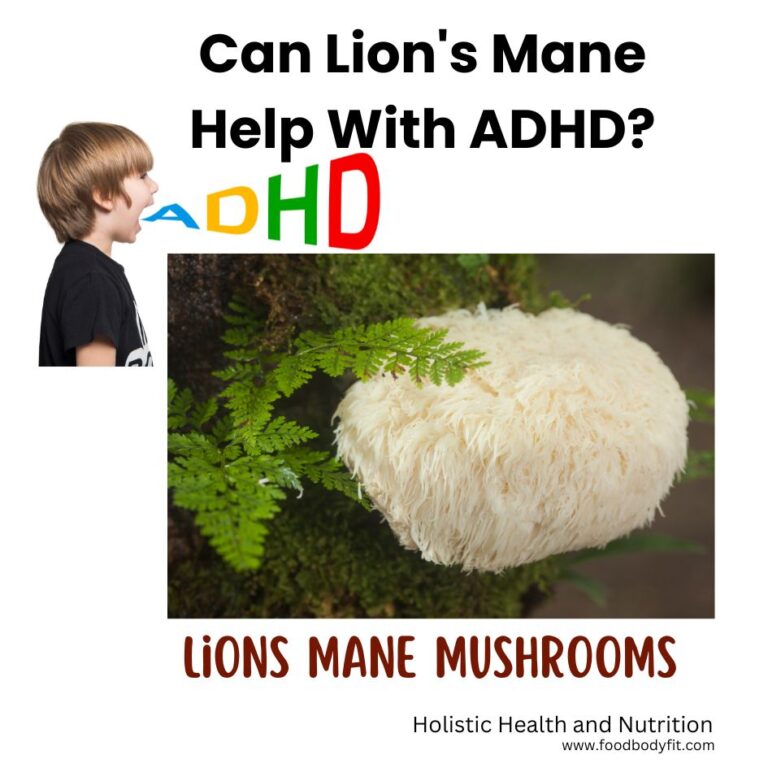Vitamine B1 or Thiamine is a water soluble vitamin, which means it is not stored in the body.
A member of the B complex family, it is necessary for the functioning of the nervous system.
Thiamine is easily destroyed by air, water, caffeine, alcohol, estrogen and food additives, so its necessary to eat fresh, whole foods in order to get optimum levels of this important vitamin. All of the B complex vitamins should be taken in combination for best effect.
Thiamine is the lest stable of the vitamins, and cooking and processing cause massive losses to occur.
It is known as the “morale vitamin”, because of its effect on mental outlook and the nervous system in general.
- necessary for the production of energy, brain, muscle , heart an the nervous system function.
- necessary for the conversion of carbohydrates to energy
- improves mental state
- promotes growth
Deficiency symptoms
- the most common deficiency symptoms is beriberi, and long term deficiency can take a great time to put right, even when the diet is altered to supply adequate amounts.
Good sources
- dried yeast, beans, wholegrains, oatmeal, pork, vegetable, milk, brown rice
Therapeutic uses
postoperative pain, treatment of the herpes, zone zoster ( shingles), epilepsy, trigeminal neuralgia and sensory neuropathy in diabetes
Special notes
Vitamin B1 is not toxic in any known quantities and is one of the safest of the vitamins
Foods that claim to be thiamine enriched are likely to contain less than normal quantities, since the thiamine lost in processing is usually more than the quantity added
The B vitamins are synergistic, which means that they work together. Insure that you take vitamins B1, B2 and B6 in roughly equal quantities.
A folic acid deficiency and eating large quantities of raw fish, blackcurrants and red cabbage among other , will discourage thiamine metabolism
Smoking, alcohol, the contraceptive pill and a diet high in sugar will increase requirements.
REMINDER! If you have a medical condition, consult your doctor before taking supplements.
Madelena
nutrition and weight management
herbal medicine
MLD therapiest



